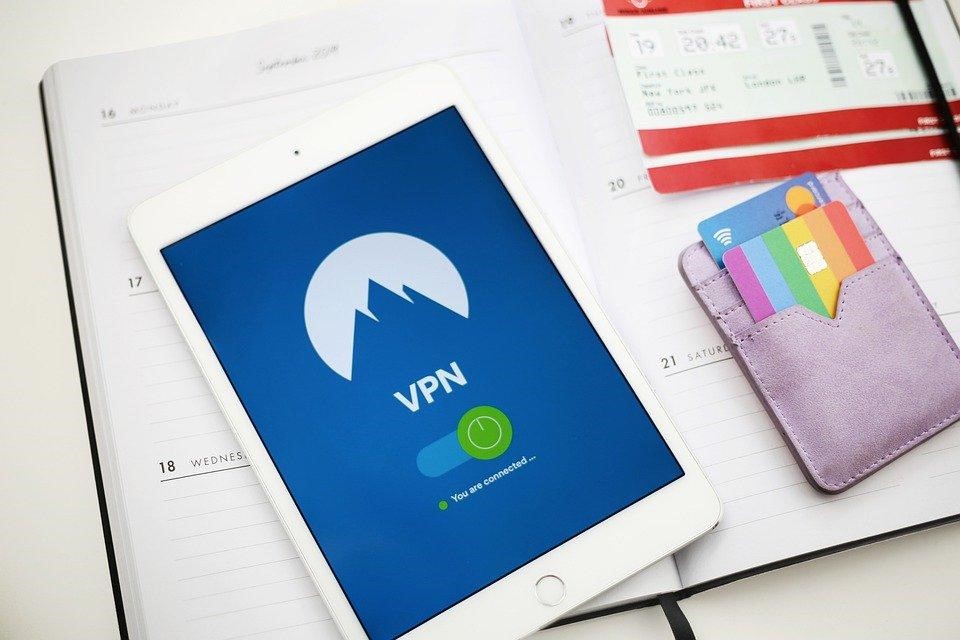Using the Internet has become an everyday occurrence. People young and old have embraced this new technology, and it aids our daily life. Unfortunately, however, it has also led to cybercrime and criminals trying to steal information, money, and anything else they think they can get away with using the Internet as a platform to do so. So here are 10 top tips to keep you safe when browsing online.
- Use Privacy Settings
To help keep you safe, your computer manufacturer and various software come with specific privacy settings that you can turn on to make sure your Internet doesn’t give away lots of personal information. Unfortunately, sometimes these are tricky to find because companies prefer to use your data often for innocuous marketing purposes, but it also opens the door for criminals. So, keep your privacy settings as high as possible.
- Don’t Say Too Much
When it comes to adding information online, be sure that you only give what is required. For example, where forms contain voluntary fields that are not mandatory, you should ignore these and move on. The company knows they aren’t required to collect this information, but they are trying to add it to their customer profiles. Again, this puts your information in the public domain and more likely to be stolen. Please think twice before filling in forms that ask for information unrelated to the purpose it claims.
- Secure Connections
Although not as popular as they once were because of mobile phones, public access Internet like libraries is not exceptionally safe. Where possible, avoid using these. If you need to do things like enter your bank details to make a purchase, try and do this on a secure Wi-Fi connection, not a mobile or public one. It is also possible to use secure virtual private network connections as this prevents any monitoring or accessing the information you are adding. Anyone can install a virtual private network even at home. A VPN such as PrivacySharks would do well for users.
- Browse Safely
When browsing the Internet, do so in a safe manner. A website should display the padlock next to the address and be of reputable content. If you are on a website full of flashing adverts for unrelated products, it’s not likely to be that authentic. They try and tempt you by suggesting you have one money or claim something free but clicking on that link will likely lead to trouble and potentially malware or viruses being downloaded onto your computer.
- Download with Care
With that in mind, you should also be careful about what you are downloading. This means using sites you know you can trust like Google Play or the App Store when it comes to apps and thinking twice before downloading from a random website. Hackers will often hide viruses in games, weather apps, traffic checkers and more.
- Strong Passwords
While it can be hard to keep track of passwords, repeated use of the same few can lead to trouble. You also shouldn’t be using words such as names of pets and children. Many computers now offer password managers and will also suggest a random string of letters and numbers in place of a conventional password. You can also use two-factor authentications on many sites where you will have to enter a code text to your phone before proceeding as you try and log on.
- The Internet Never Forgets
There is a risk that when you post something on the Internet, it can never be undone. That means you should take care before posting anything, whether this is a reply to a tweet or something else. For example, many people have come undone at job interviews when potential employers have checked their Internet profiles and discovered things they don’t want associating with their company.
- Secure Purchasing
While it is good practice to only use websites with the padlock, you must never purchase from any site that is not secure. It’s one thing browsing for a few seconds on an unsecured site, but you should never be tempted to exchange financial details unless they can show the padlock and prove encrypted connections. It’s not just the padlock; it’s the first few letters of the address that should say HTTPS.
- Antivirus
Antivirus programs are designed to keep you safe. But you can’t just install it and walk away. As each new virus and threat is detected, they release updates and patches to ensure you can have the latest protection at your fingertips. So, if your program prompts you to update your virus software, don’t be tempted to click ‘later’ as you might forget.
- OS Updates
The same goes for software updates and operating system updates. From your phone to your computer, the manufacturer will often release bugs and patches or new operating system updates. Again, you need to install these as soon as requested, as they contain valuable information that helps keep your device safe.
Other Technical Reviews:- Reviews














